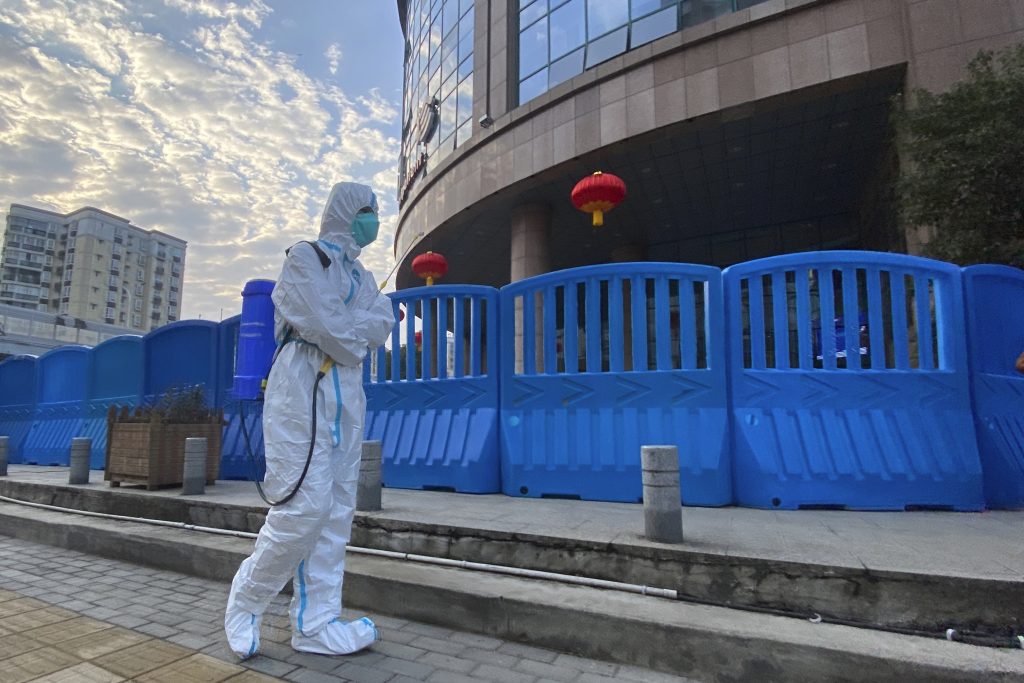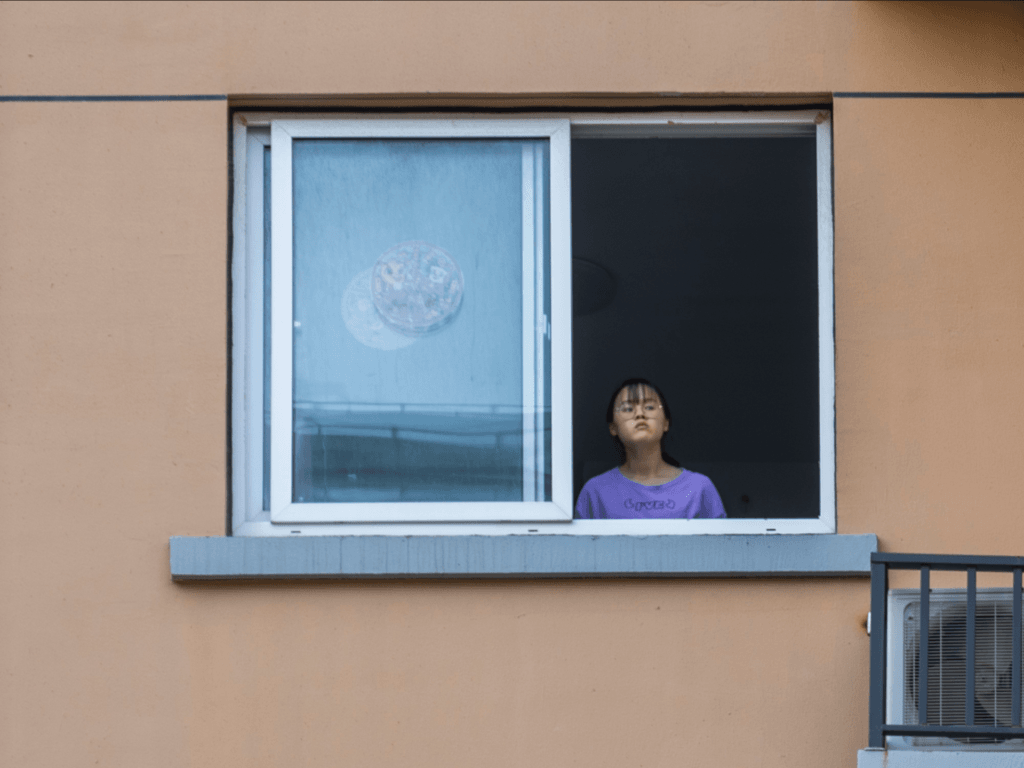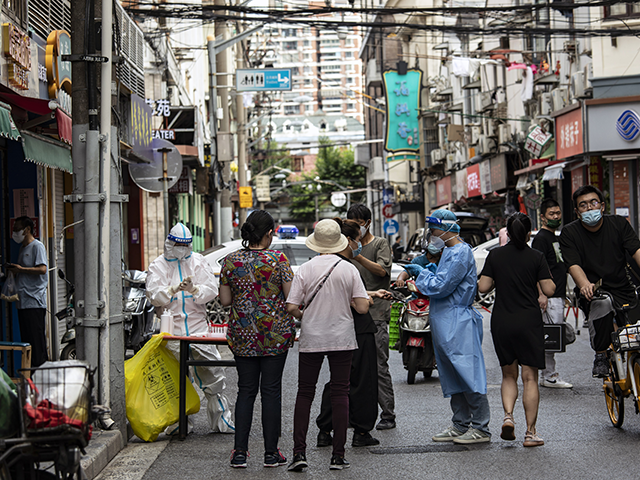According to Shanghai-based financial services company Wind Information, the Chinese economy is about to post its lowest quarterly growth rate in over two years, featuring an anemic growth rate of about 1.4 percent due largely to coronavirus lockdowns.
The poor second-quarter performance makes it unlikely China will hit its growth target of 5.5 percent this year.
“Though not as bad as the 6.8 percent contraction in the first three months of 2020, during the initial outbreak of the pandemic, it would mark the second slowest quarterly GDP expansion since 1992, when the data set first became available,” the South China Morning Post (SCMP) observed.
The SCMP’s correspondents explained that beyond the problem of coronavirus lockdowns shuttering vital ports and manufacturing hubs such as Shanghai, the Chinese economy is shaky because outside investors are worried about more lockdowns in the future.
The Chinese government has a habit of imposing lockdowns without warning, so residents do not flee before the government quarantines buildings, districts, or entire cities. Orders for mass coronavirus testing are one of the few harbingers of impending doom. As it happens, Shanghai just ordered two more rounds of mass testing Tuesday because a coronavirus outbreak supposedly erupted from a karaoke bar.

A worker in protectively overalls and carrying disinfecting equipment walks outside the Wuhan Central Hospital, China on February 6, 2021. (AP Photo/Ng Han Guan)
Chinese leaders, including dictator Xi Jinping, are publicly reassuring foreign investors it is safe to “do business in China,” while refusing to relent on their lockdown-happy “zero Covid” policies. A scandal erupted last week when a high-ranking Chinese Communist Party official stated these zero-Covid policies would be in effect for at least five more years.
“If we cannot look at the pandemic scientifically and continue to ignore economic development when formulating control policies … it will be difficult for us to guarantee our ‘darkest hours’ of April and May don’t come again,” analyst He Jun of the multinational analytics company Anbound told the SCMP.

A girl looks from a window in a residential area on April 12, 2022 in Shanghai, China. Some 25 million people in Shanghai are in the second week of a strict lockdown, after a surge in Omicron cases. (Photo by Getty Images)
“The whole world is recovering and reopening, China — as a member of the global village — should not become an ‘outlier.’ Otherwise, we will have ‘self-isolated’ from the world market,” He warned.
Other analysts noted China’s emerging seesaw of lockdown-throttled business cycles does not mesh well with the season cycles of the rest of the world, making it harder for China to integrate with global markets.
China also has potential credit and real estate crises looming on the horizon, its export markets are threatened by slowdowns in foreign markets like the inflation-haunted United States, some key Chinese industries are feeling the pinch from new human rights sanctions, and the Russian invasion of Ukraine is causing disruptions around the world.
Reuters reported Tuesday that China will establish an “infrastructure investment fund” worth roughly $75 billion in the third quarter to jump-start the stalled economy. A number of smaller stimulus plans were announced over the past few weeks.
Reuters’ sources said the new infrastructure plan focuses on data and high-speed networking more than “traditional projects like highways, railways, and airports,” because the return on investment from those projects is much lower. Some government advisers are urging dramatic increases to China’s budget deficits to finance more infrastructure and stimulus spending.
China’s fortunes would improve dramatically if tariffs imposed during the Trump administration were lifted, a move that is reportedly on the table because the Biden administration believes it might help bring inflation in the United States down.
On Monday, U.S. Treasury Secretary Janet Yellen spoke with Chinese Vice Premier Liu He about sanctions and tariffs. The Treasury Department said Yellen brought up China’s “unfair, non-market” trade policies during the “candid and substantive” discussion, perhaps forecasting the sort of concessions Beijing will be asked to announce in order to make lifting the tariffs more politically palatable for the Biden administration.

COMMENTS
Please let us know if you're having issues with commenting.